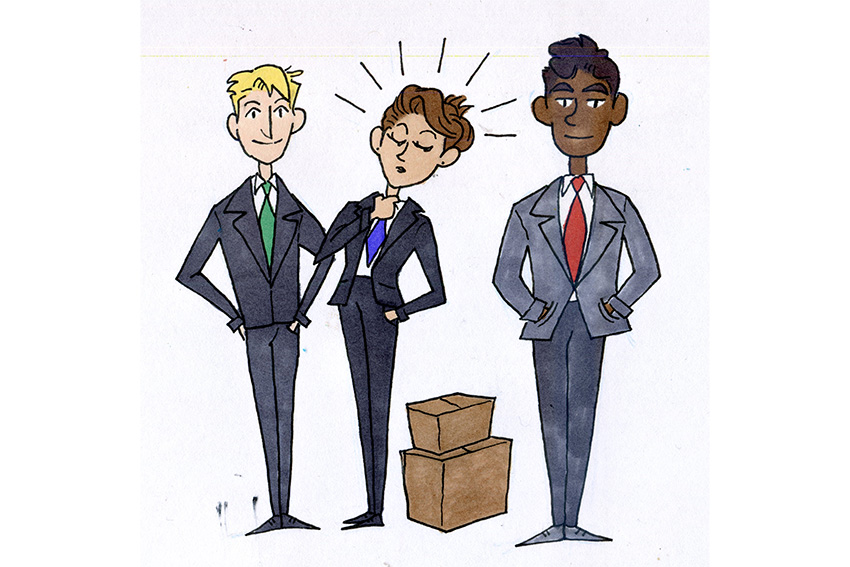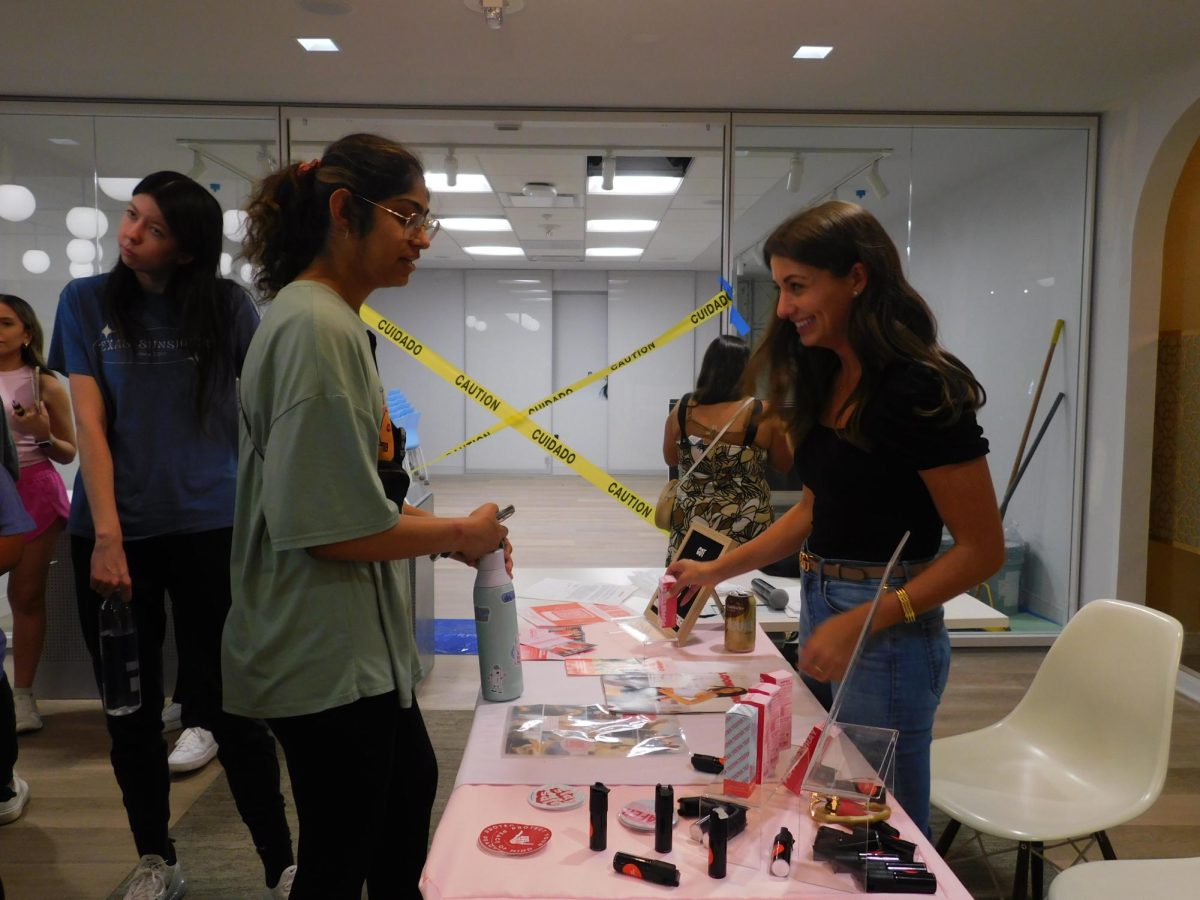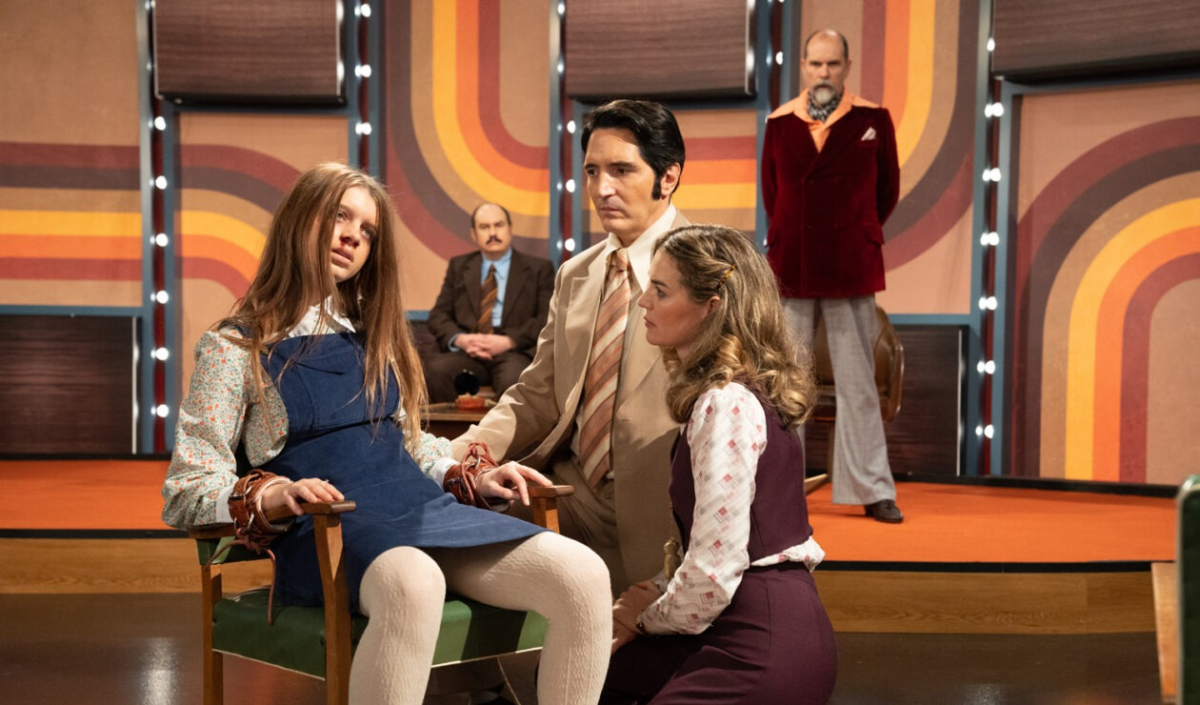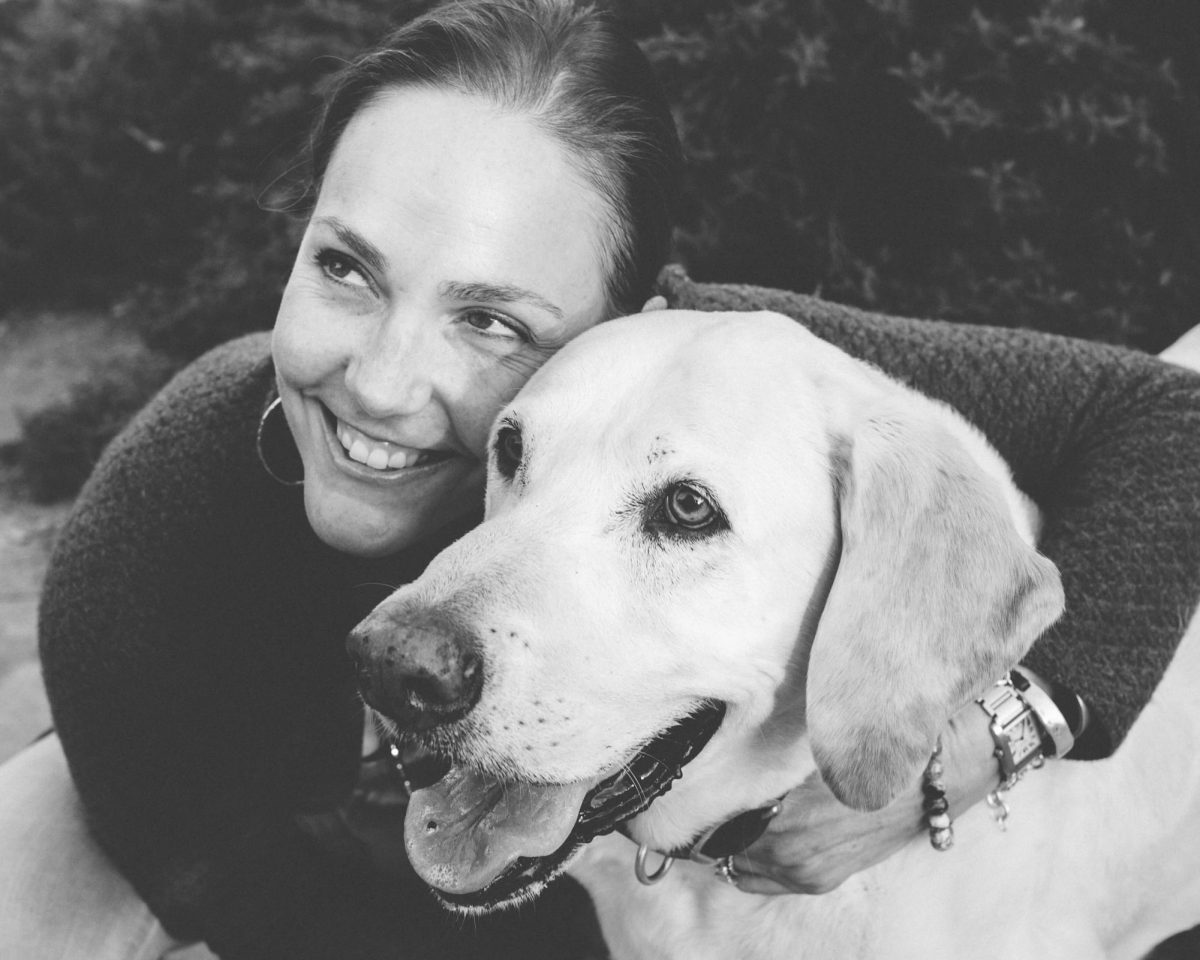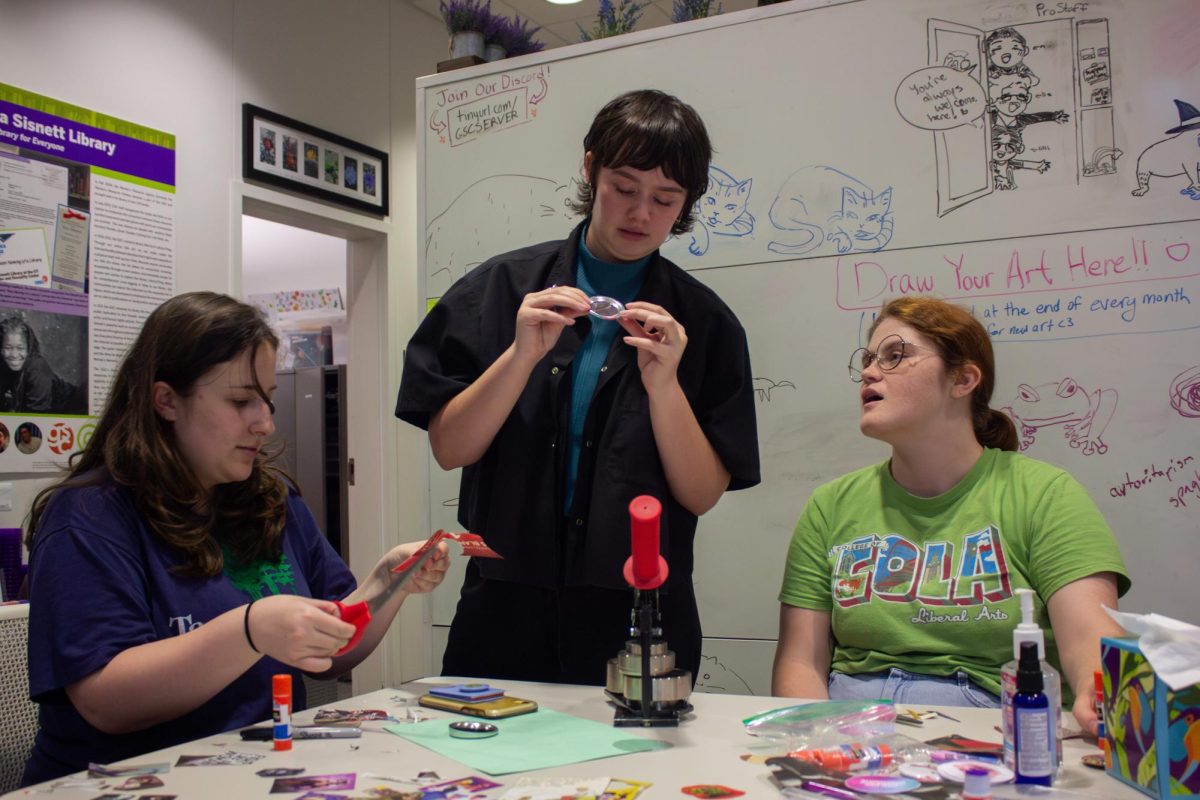Among many engineers, the fact that the engineering profession is dominated by men is not a discussion, but a widely accepted fact.
At UT, women make up around 28 percent of the engineering undergraduate population. Students say this disparity influences the culture of the field, with conversations in groups often dominated by male-centric topics. Many say they feel that how this masculine culture impacts the mentality of women in engineering is often ignored.
Electrical engineering senior Aashima Garg is the president of the Student Engineering Council. She said the Cockrell School of Engineering, and the engineering field in general, has a problem with masculinity that leads to a “bro culture.”
“Finding ways to relate to people on the team oftentimes centers around things that boys more traditionally associate with,” Garg said. “So that would be sports or tech news, for example.”
In order to be a part of these groups, Garg said women adapt parts of their personality to better fit in with the majority. She said she began going to sports bars and reading more tech news in oder to keep up with her male classmates.
“If I want to contribute and let other people know that I’m active and smart, I need an opinion on these things,” Garg said.
Nina Telang, an electrical engineering associate professor, said she shares similar experiences from her academic tenure and feels women are often held to a higher standard.
“If I have to get noticed for my technical abilities and for nothing else, I need to have everything in place and crisp and perfect, every single time,” Telang said. “I over-prepare because I don’t want (my gender) to be ever held against me.”
With women as the minority in engineering, many say feel they are representing all women in the field.
“If you’re one among many who are like you, then one person’s failure doesn’t stick out as much,” Telang said. “But if you are one among the few, you might feel like you’re representing the entire minority.”
Chemical engineering junior Justin Sippel is a member of MenCanEnd, an organization that aims to combat unhealthy masculinity. He said the gender problem in engineering stems from an early age.
“From a young age, men are taught that STEM’s a field that’s more appropriate for them,” Sippel said. “They might have toys like science or building kits, whereas women might have toys that are doll or household-based.”
These differences earlier on in life may lead to a negative mentality towards women in the engineering field, Sippel said.
“Men might feel like, ‘I can’t have a woman looking better than me or giving ideas that are better than (mine),’” Sippel said.
Telang said an increase in female engineers would be extremely beneficial to the field as a whole.
“The kinds of products that engineers will eventually create for society are going to be consumed by a gender-balanced society,” Telang said.
Many engineerss say that diversity issues in their field are complicated and don’t have a clear solution. However, most recognize it is a clear problem that requires conversation.
“The root problem of masculinity in engineering comes from people in the same area thinking the same way,” Garg said. “That’s not necessarily only a boy versus girl problem. It’s a world problem.”



